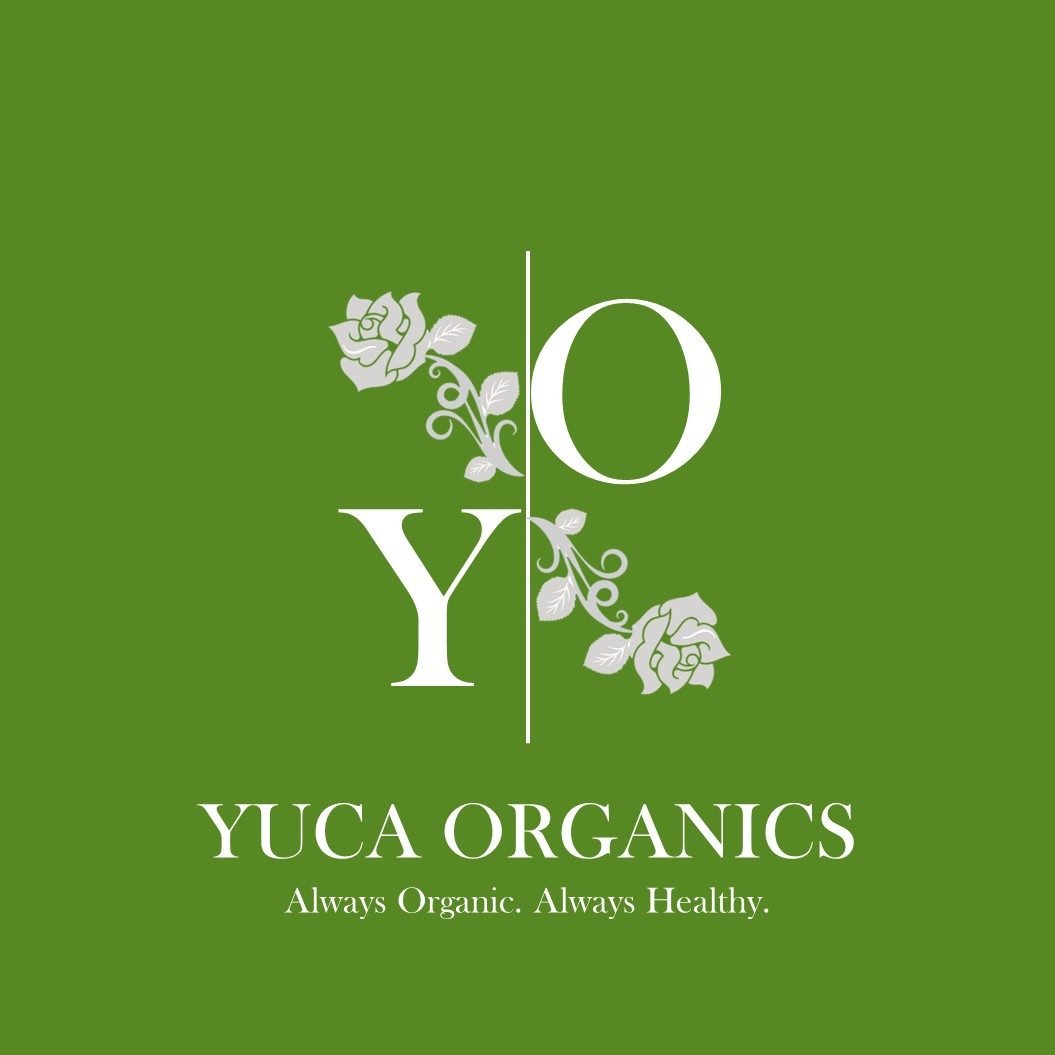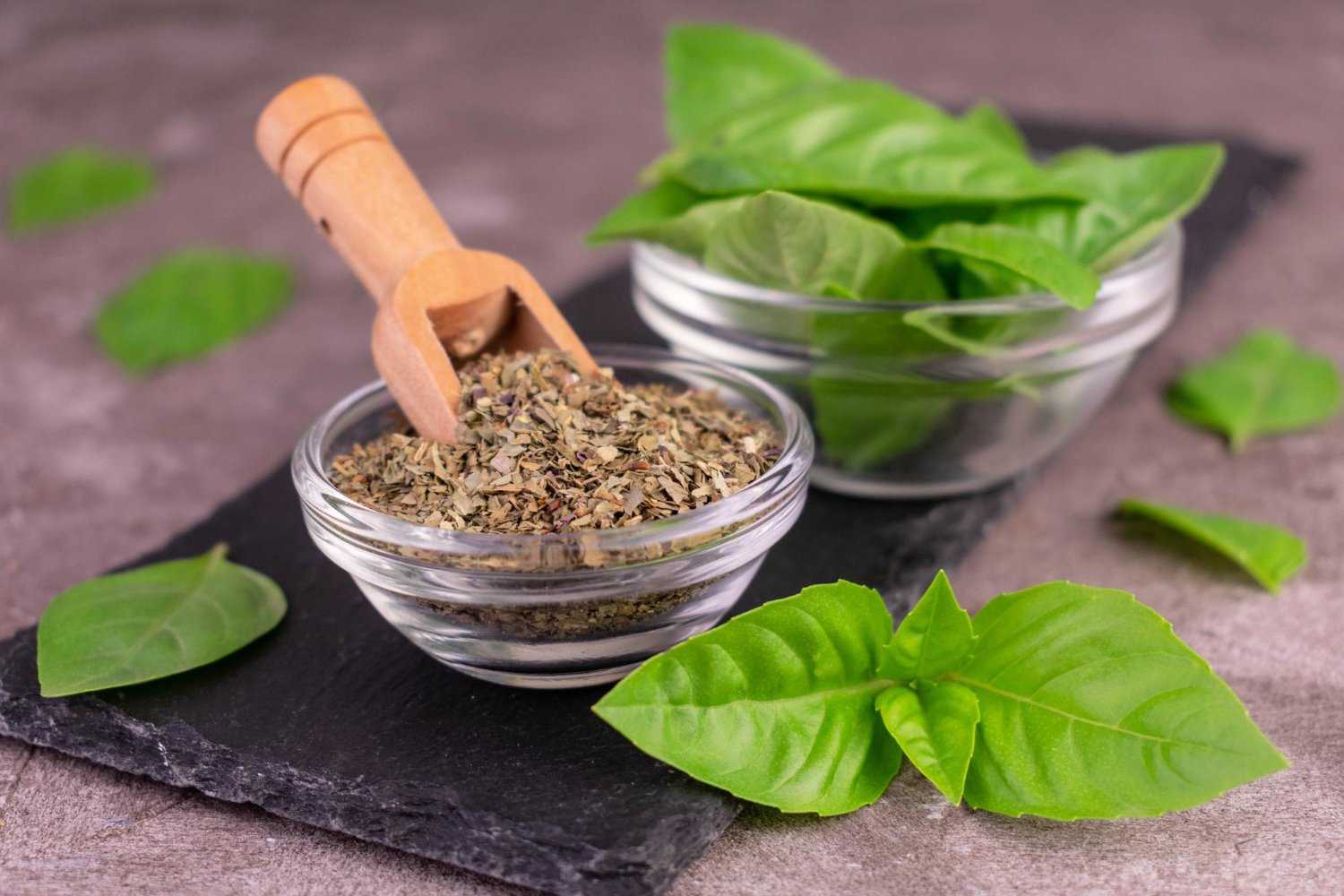Organic basil, with its fresh and aromatic leaves, is a beloved herb that has been cherished for centuries in various cuisines around the world. Not only does it add a burst of flavor to dishes, but it also offers numerous health benefits. In this blog post, we will dive into the world of organic basil, exploring its origins, nutritional value, medicinal properties, and creative uses in the kitchen.
1. Origins and Cultivation of Organic Basil:
Basil has a rich history that dates back to ancient times, originating in India and eventually spreading to other parts of the world. Organic basil is cultivated without the use of synthetic pesticides or fertilizers, preserving its purity and the integrity of its natural flavors and beneficial compounds. It is typically grown in herb gardens or organic farms, ensuring the highest quality and freshness.
2. Nutritional Value of Organic Basil:
Organic basil is not just a flavorful herb, but it is also packed with essential nutrients. It is a good source of vitamins A, K, and C, as well as minerals like manganese, copper, calcium, and iron. Basil also contains potent antioxidants, such as flavonoids and volatile oils, which contribute to its health-promoting properties.
3. Medicinal Properties and Health Benefits:
Beyond its culinary uses, organic basil has been recognized for its medicinal properties. It contains various bioactive compounds, including eugenol, linalool, and rosmarinic acid, which exhibit anti-inflammatory, antimicrobial, and antioxidant effects. Basil has been traditionally used in herbal medicine to alleviate digestive issues, support respiratory health, and promote overall well-being. Some studies have also suggested that basil may have potential anti-cancer properties, although more research is needed in this area.
4. Culinary Delights with Organic Basil:
Organic basil is a versatile herb that can elevate the flavors of numerous dishes. Its bright, peppery, and slightly sweet taste pairs well with a variety of ingredients. Basil is a key component in traditional Italian dishes like pesto sauce, Caprese salad, and tomato-based pasta sauces. It adds a refreshing touch to salads, soups, and stir-fries. Basil can also be used to infuse oils, vinegars, and beverages, or as a garnish to bring a burst of flavor and aroma to your culinary creations.
5. Growing and Storing Organic Basil:
Growing your own organic basil can be a rewarding experience. It can be cultivated in pots or in the ground, as long as it receives adequate sunlight and well-drained soil. Harvest basil leaves regularly to promote bushier growth and ensure a fresh supply. When storing basil, avoid refrigeration, as it can cause the leaves to wilt. Instead, place fresh basil in a jar of water on the counter, like a bouquet, or preserve it by making basil-infused oil or freezing the leaves.
Conclusion:
Organic basil is not just an herb, but a culinary and medicinal treasure. Its origins, nutritional value, and versatility make it a must-have in any kitchen. Whether you’re using it to enhance the flavors of your favorite pasta dish or harnessing its potential health benefits, organic basil brings freshness, aroma, and a touch of natural goodness to your meals. So, embrace the fragrant allure of organic basil and let it become an essential ingredient in your culinary journey.

